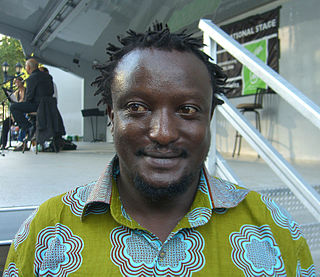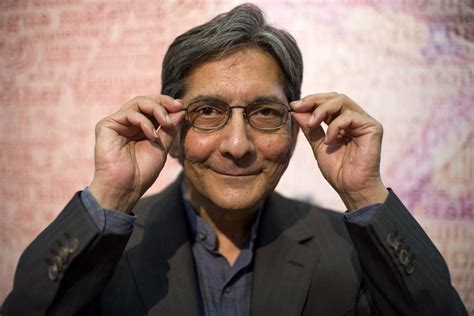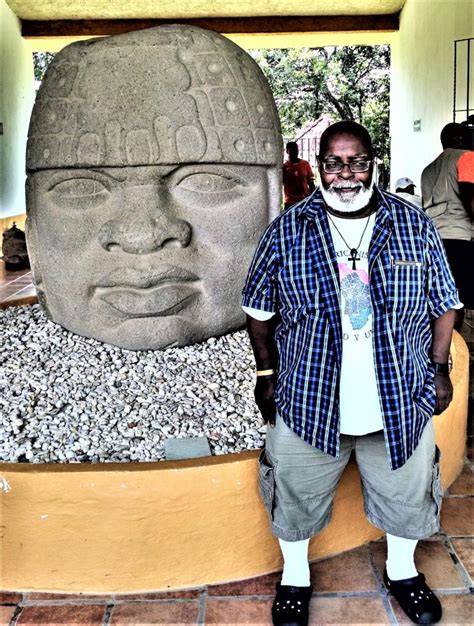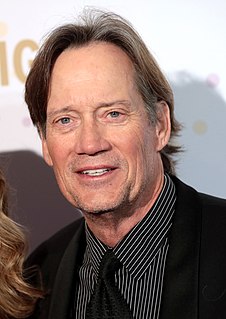A Quote by Binyavanga Wainaina
When I went to live in South Africa, I immediately began to understand what went wrong. Because here was a place supposed to be under apartheid - I arrived there in 1991 - but here a black person had more say and had more influence over his white government than an average Kenyan had over the Moi government.
Related Quotes
When I think back, I felt like I had the life that a lot of white American kids grew up with in the suburbs in the States. I started noticing, as Apartheid's grip weakened, that we had more and more black kids at school; I had more and more black friends. But I never really saw a separation between myself and the black kids at school.
It is hard to imagine having a government more secretive than the United States. Virtually everything that government does, of any significance, is conducted behind an extreme wall of secrecy. The very few leaks that we’ve had over the last decade are basically the only ways that we’ve had to learn what our government is doing.
White people scare the crap out of me. I have never been attacked by a black person, never been evicted by a black person, never had my security deposit ripped off by a black landlord, never had a black landlord, never been pulled over by a black cop, never been sold a lemon by a black car salesman, never seen a black car salesman, never had a black person deny me a bank loan, never had a black person bury my movie, and I've never heard a black person say, 'We're going to eliminate ten thousand jobs here - have a nice day!'
There is no figure who had more of an influence, no person had more of an influence on the intellectuals behind the Iron Curtain than Friedrich Hayek. His books were translated and published by the underground and black market editions, read widely, and undoubtedly influenced the climate of opinion that ultimately brought about the collapse of the Soviet Union.
I live in New York now, and miss France quite a bit. Of course, the reality of living in a small village in the south of France was very different than the fantasy I had of living in France. Over the years I spent there, that fantasy was worn away and I found a more realistic version of France than the one I began with. I wouldn't say the spell ever goes away, but transforms. Now that I understand French culture more intimately, and speak fluent French, I have a different, more solid, relationship to the country.
I remember my emotions the day we watched Nelson Mandela walk out of prison Writing & literature in South Africa during the anti-apartheid years, became a 'cultural weapon.' You had to use it to fight apartheid & some of us resisted that in the end, you recognize that you are facing a government that has no scruples about using culture & art to oppress you.
If we study history and anthropology we will find that all over the world the original people are Black people who migrated from Africa. This is confirmed by recent DNA studies. The only reason that we don't readily accept this is because we are indoctrinated to believe that Africa is the worst place that has ever been. If we had a more positive attitude about Africa we would run to it instead of running from it.
I have insecurities. But whatever I'm insecure about, I don't dissect it, but I'll go after it and say, "What am I afraid of?" I bet the average successful person can tell you they've failed so much more than they've had success. I've had far more failures than I've had successes. With every commercial I've gotten, there were 200 I didn't get. You have to go after what you're afraid of.
The Reformed Church was identified with the old all-white government of South Africa and its apartheid policy. The Roman Catholic Church was closely identified with the Franco and Salazar dictatorships in Spain and Portugal. . . . More recently, . . . the Serbian Orthodox Church has come to be identified with the policies of Serbia (Yugoslavia).



































